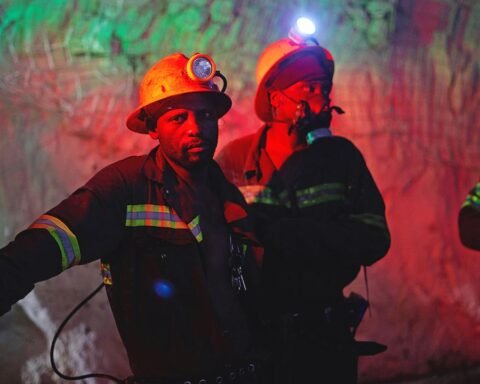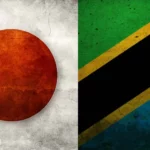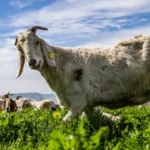The treason trial of Tanzanian opposition leader Tundu Lissu resumed on Tuesday, September 16, 2025, at the High Court Sub-Registry in Dar es Salaam, amid heightened security following clashes between police and supporters of his party the day before.
On Monday, Lissu refused to continue with the proceedings, demanding that the hearing be postponed until his supporters, who had been barred from entering the courtroom, were allowed back. He argued that preventing his supporters from observing the trial violated the principles of transparency and public access to justice, insisting, “This is a civilian High Court, not a military court.”
Authorities justified the removal of the supporters as an act of self-defense, citing concerns over crowd control. However, videos widely circulated on social media depicted officers using force to disperse the crowd, including one clip showing a supporter surrounded by multiple police officers and repeatedly beaten as he attempted to resist. The scenes prompted widespread public outcry and accusations of excessive force, sparking discussions about law enforcement practices in Tanzania.
Also Read; U.S. Envoy Warns Tanzanians Against Visa Overstays
Despite the tensions, the court proceeded with Tuesday’s session. Lissu is challenging the court’s jurisdiction to hear the case, arguing that the charges are politically motivated. The opposition figure’s legal team has repeatedly questioned the validity of the proceedings, framing the case as a litmus test for democracy in Tanzania.
Observers say the trial is likely to influence public perception ahead of the next general elections in the country, highlighting the stakes involved for political freedoms and the credibility of Tanzania’s judicial system. Human rights organizations and international observers have expressed concern over the treatment of opposition figures and the potential chilling effect on political dissent.
This high-profile trial has also drawn attention from media outlets across East Africa and beyond. Analysts note that how the judiciary navigates the intersection of law and politics could have lasting implications for the nation’s democratic institutions. The case continues to attract scrutiny, with both national and international observers closely monitoring developments.







